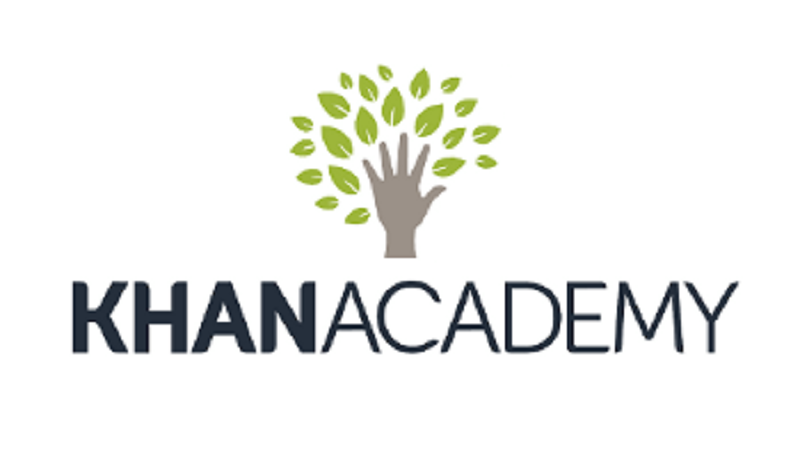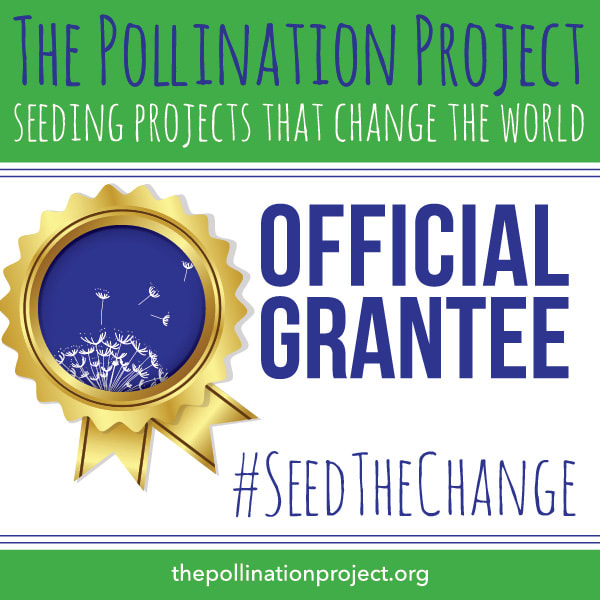|
In May, I attended a writing conference where I asked the panel of agents if they thought that diversity was just a trend or if it was here to stay. There were about eight agents on the panel out of which two were people of color. Both of the agents of color admitted that diversity was a fad in the industry right now. They said they were afraid that the number of people of color that are being published will decline once the fad goes away, but that they were both working actively to make sure the trend continues long after the fad is gone. The rest of the agents who weren’t people of color all had the same response: “That’s something the older white people in the industry do, we’re different and we’re into diversity.”
I was disappointed to hear this response because instead of providing solutions or explaining what they are personally doing to challenge the lack of diversity in the industry, they blamed it on older white people and were convinced that they were not part of the problem. In fact, they made it sound like the lack of diversity problem was no longer a problem because of them. Yes, there are more writers of color being published now, but the growth is minuscule. The best way to get more writers of color in the publishing industry is to have more people of color working in the publishing industry. Today, there are only a handful of agents and editors of color working in the publishing houses. Having more agents of color accepting queries and willing to represent writers of color and having more editors of color willing to work on books with writers of color will increase the likelihood of more writers of color getting published. So how do you find these agents and editors of color? The truth is, it is not easy to find them. The way I found agents and editors of color is by attending writers conferences, other writing events in the community, and in grad school. All of these options are expensive. You can also go online and look through agent databases, like the Poets & Writers literary agents database, to find them. It is time consuming and requires a lot of research, but you can find them online. In other words, it isn’t impossible, but it is difficult to find agents of color to pitch to. Fortunately, there is a fairly new organization called People of Color in Publishing that was established in 2017. POC in Publishing was founded by professionals of color who actively work in the publishing industry like agents and editor and their mission is to diversify the industry. As they continue to build this organization, they are putting together resources for writers of color to help us get into the publishing world. If you are a person of color in the publishing industry, this is a great organization to be a part of. Of course POC in Publishing is just one organization with a big mission so it will take them time to grow and create change. Until then, the only thing we can do is keep writing our stories and owning our narratives. We can also encourage each other to work in the publishing houses to help create the change from inside. Thank you for reading! Please share your opinions on this topic with me in the comments below so we can continue this important discussion. You can sign up for my newsletter at the bottom of the page for updates on my writing, my workshops, and my events. Next Wednesday’s blog will be more #browngirlwrites stories. Until then… Happy Writing! :) Find me on social media. Links at the bottom of the page 👇🏽
0 Comments
 Erotic Stories for Punjabi Widows by Balli Kaur Jaswal Erotic Stories for Punjabi Widows by Balli Kaur JaswalMy rating: 5 of 5 stars Erotic Stories for Punjabi Widows is a one of a kind book with a story that is culturally so familiar to me, but almost nonexistent in the literary world. Balli Kaur Jaswal is a brilliant writer who wrote this cross genre book with all the masala you could ever want. She takes your guard down with the humor, hooks you in with the suspense, and opens your mind with the explorations of cultural traditions and stereotypes of Sikh/Desi people. It’s got the best of everything and something for everyone. Her unique blend of the humor, thriller, and erotic genres is genius. I absolutely love this book and am a huge fan of hers now. I will be honest in my review, however, and say that I was disappointed by the editors of this book. There are many small typos and errors that could have easily been corrected with some thorough line editing before publication. Luckily, Jaswal’s storytelling was powerful enough to distract even a stickler for grammar like myself from the errors and keep me hooked. Go read this book! View all my reviews Many of you may know that in addition to creative nonfiction, I write comic books. I began writing the Lung Girl comic book series in 2016. If you don’t know about it yet, find out on my Writing page. It’s about a 12-year-old Indian superhero who kicks butt and saves the world from lung health issues. These comics are educational and they raise funds for The Sid Foundation, a nonprofit I founded back in 2015 that raises funds and awareness for lung transplant research. I don’t just write comic books, however, I also teach comic book writing. My partner Carlos “Loso” Perez, MFA, owner/founder of Prime Vice Studios, and I are known as the comic book teaching duo in the Metro-Atlanta area. If you are familiar with this area, we teach workshops on the Atlanta Beltline, The Wren’s Nest, The Sewell Mill Library and Cultural Center, and many other locations. We teach any age from middle school kids to college students and older (14+). We recently received a grant from The Pollination Project to teach free workshops in our community as well. So, if you live in the Metro-Atlanta area, our next workshop could be in your neighborhood! Here's a list of some upcoming workshops/events:The Wren’s Nest- June 25th and July 23 (workshops) West Cobb Library- July 14th (workshop) MiniCon - July 21st (this workshop is part of MiniCon- a free one day comic con hosted by the Sewell Mill Library and Cultural Center including artists, vendors, workshops, panels, cosplay, food trucks, and King of Pops!) ASIFA South Mixer- July 25th (guest appearance) Sewell Mill Library and Cultural Center - July 28th (workshop) The Atlanta Beltline - The week of August 6th (3 day workshop) The workshops include an exclusive copy of the Prime Vice Studios “Fresh Voices Comic Creation” Workbook that includes everything you need to know about comics “from conception to creation.” So whether you are a writer, an illustrator, or both, this will help you learn the process of comic creation. Follow the Prime Vice Studios Facebook page to find our events and registration information. To learn more about Prime Vice Studios, visit www.primevice.com or follow them on social media @prime_vice. I will also be teaching “Social Media and Blogging” workshops at the Sewell Mill Library and Cultural center this Fall so stay tuned for those dates! Sign up for my newsletter at the bottom of the page for updates on my writing and events as well. I hope to see you all there! :) Next Wednesday’s blog will be more #browngirlwrites stories.
Until then… Happy Writing! :) Find me on social media. Links at the bottom of the page 👇🏽
Due to current events, this week I’m bringing back an old book review I did of the novel Lucky Boy by Shanthi Sekaran. This book explores in detail what it’s like for parents to have their children separated from them because of our messed up immigration laws. In this book, Shanthi Sekaran takes us through the journey of Solimar Castro Valdez as she risks her life to cross the border and works hard to build a life for herself and her son who she gives birth to in the United States. Spoiler Alert: Eventually, Solimar is put in a detention center where Sekaran takes us through the horrifying way people are abused in these establishments. Solimar’s son is taken away from her and put into the foster system. Sekaran takes us through the foster system in detail and shows us how difficult life becomes for the child and for the parents who are trying to get their children back through the legal system. Today, we are finally seeing first hand accounts from the children and parents themselves. We are seeing what it’s like to be treated as less than human by immigration officials in the media, but this has been going on in the United States for years. Lucky Boy was published in January 2017, before this topic was being talked about in the media. Sekaran spent years before writing this novel researching these topics and it is evident from the very first page. I can not recommend this book enough.
Here is my Goodreads review of the book:  Lucky Boy by Shanthi Sekaran Lucky Boy by Shanthi SekaranMy rating: 5 of 5 stars I finished reading this book two days ago and it is still with me. From the very first page it was obvious to me that Shanthi Sekaran took the time to research the topics and cultures she explores in this book. She writes about Mexico not as a stereotypical version we often see in American media. She talks about it through her characters and their version of life in a small town in Mexico. She also explores Indian-American culture with the same sensitivity and without the stereotypes. She takes us through the foster system, immigration detention centers, and the life of an undocumented woman in the United States in detail. Then, she goes beyond these countries, cultures, and legal institutions to make the reader feel the emotions of a foster parent, a couple who is unable to conceive, and a mother who has lost her baby. This book is beautifully written and is extremely topical. I highly recommend this book! View all my reviews
As a writer, the number one thing you have be cognizant of is “who is your audience?” You have to know who you’re writing for and who’s going to be interested in reading and hopefully spending money on your writing. As a writer of color, who is your audience? How do you determine who you are writing for?
I recently had a conversation with a South Asian-American woman who wrote a great piece on Medium about the lack of humor in South Asian-American literature. She told me that, unfortunately, she has to write for a white audience because she wants her books to sell in the United States. This meant that she needed to water down her stories to make them easier for white readers to digest. I was shocked and disheartened to hear her say this, especially, because there are so many South Asian-Americans in the United States like me who are eager to read and buy works written by other South Asian-Americans about our culture. There are also literally billions of people in South Asia who have been exposed to American culture enough to be interested in her writing. Why should she or any other writer of color feel the need to make their stories less authentic in order to cater to white readers? When I read books by most American writers of color like Roxane Gay, Scaachi Koul, Issa Rae, Angie Cruz, Eddie Huang, and so many more, I don’t feel they've “white washed” their stories to appeal to the White audience. I love the detail into which Angie Cruz goes when talking about Dominican-American culture using Spanglish and exploring spiritual traditions in her book Soledad. I love the unapologetic tone which Eddie Huang uses to show us what it’s like to grow up in a traditional Taiwanese-American family in his memoir. These details are what make their stories feel real to me as a reader even though I’m not Dominican-American and I didn't grow up in a Taiwanese-American home. Through good writing, I learn about new cultures. If I don't understand anything they say, I look it up. That is what reading is supposed to do. It's supposed to help you open your mind and learn about people who lived different lives from your own. Incorporating the languages, foods, scents, and traditions of your culture to create a detailed world for the reader to immerse themselves into is what makes good writing, not watering it down for those who might not be familiar with your culture. That makes generic writing. In the end, there is plenty of literature out there for White readers to relate to. Also White writers write for White readers. They don't worry about whether their stories will be understandable or interesting to people of color. So, as writers of color, we should also be able to write about and for our own community without worrying about what white people will think. Our own community is our most important audience. I know I’ve said this many times, but it’s time we write our own stories on our own terms. The more stories we write on our own terms, the harder it will become for publishing industry to ignore us.
Thank you for reading! Please share your opinions on this topic with me in the comments below so we can continue this important discussion.
You can sign up for my newsletter at the bottom of the page for updates on my writing, my workshops, and my events. Next Wednesday’s blog will be more #browngirlwrites stories. Until then… Happy Writing! :) Find me on social media. Links at the bottom of the page ??  One Day We'll All Be Dead and None of This Will Matter by Scaachi Koul One Day We'll All Be Dead and None of This Will Matter by Scaachi KoulMy rating: 5 of 5 stars Scaachi Koul uses a light hearted and often sarcastic voice to dive into serious issues like culture clash, racism, and body issues. She describes her family life growing up in Canada with Indian immigrant parents and the values they instilled in her by making the courageous decision to leave their place of birth and move to the other side of the world. She talks about the stereotypical images of India portrayed in the media of poor brown people running in the streets throwing colors at each other. She also addressed the lack of diversity in media and how it affects her professional life. I appreciate her bringing these important issues to light in her collection of essays, but more than anything, I appreciate her using humor as a vehicle to explore these topics. Books written by authors of color, especially South Asian authors, seldom contain humor. I believe humor is one of the most effective ways to help people expand their minds. Scaachi Koul does a great job of addressing important issues in a voice that makes them easier for the average reader to digest. View all my reviews I know, it's a lot of hashtags, but this week, I’m excited to promote #ThatGirlCanWrite! I’m constantly on the search for publications for women of color that give us an opportunity to share our stories on our own terms. #ThatGirlCanWrite was established by writer Lauren Small, MFA and had its beginnings as an Instagram page that promoted women of color who write. It promoted all women of color from beginners to established professionals, from authors to bloggers, from fashionistas to political leaders. Eventually, #ThatGirlCanWrite grew beyond Instagram onto Twitter and then to its own website. Now, #ThatGirlCanWrite is open for submissions! On their quest to give women of color a platform to share their stories, they are now accepting blogs, essays, and poetry to publish. So, if you are looking for a place made for women of color by women of color to publish your writing, you can submit your work at [email protected]. You will see my work on there in the near future. Until then, go check them out! Instagram: That Girl Can Write Twitter: @tgcwrite Website: https://linktr.ee/thatgirlcanwrite Thanks for reading!
Feel free to share your thoughts and experiences in the comments below. You can sign up for my newsletter at the bottom of the page for updates on my writing and my events. Next Wednesday’s blog will be more #browngirlwrites stories. Until then… Happy Writing! :) Find me on social media. Links at the bottom of the page 👇🏽 |
AuthorThese blogs explore my writing process and highlight my favorite writers and books. Archives
June 2022
Categories
All
|

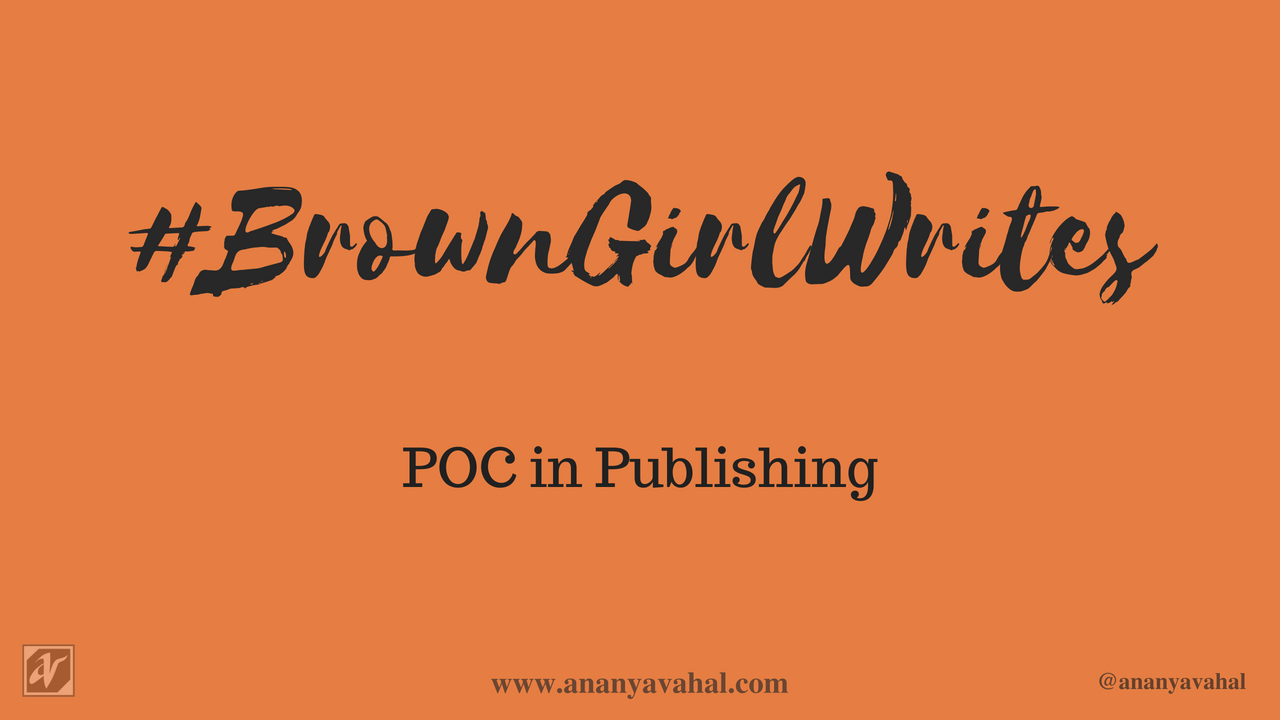
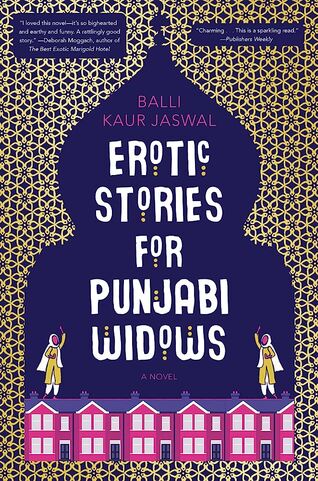
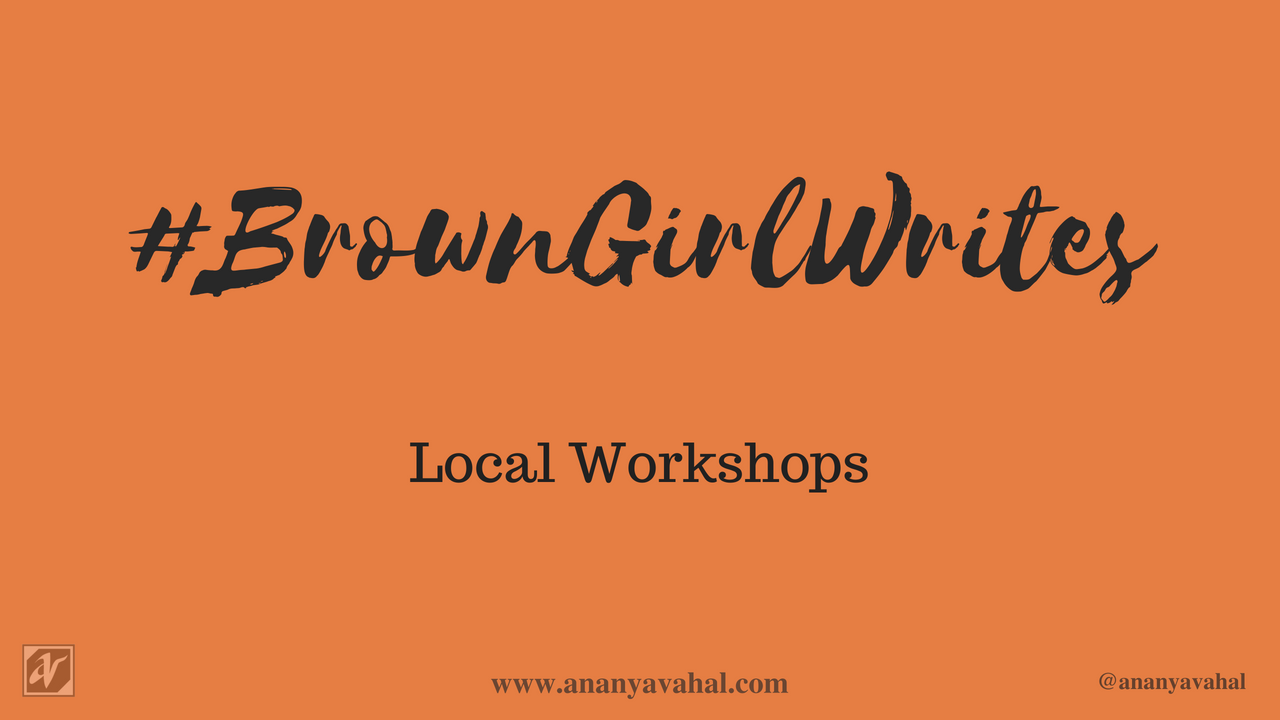
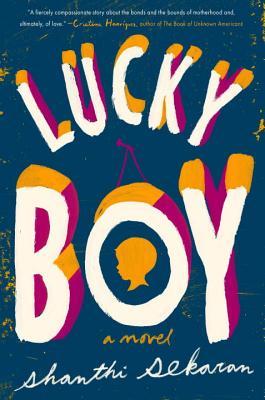
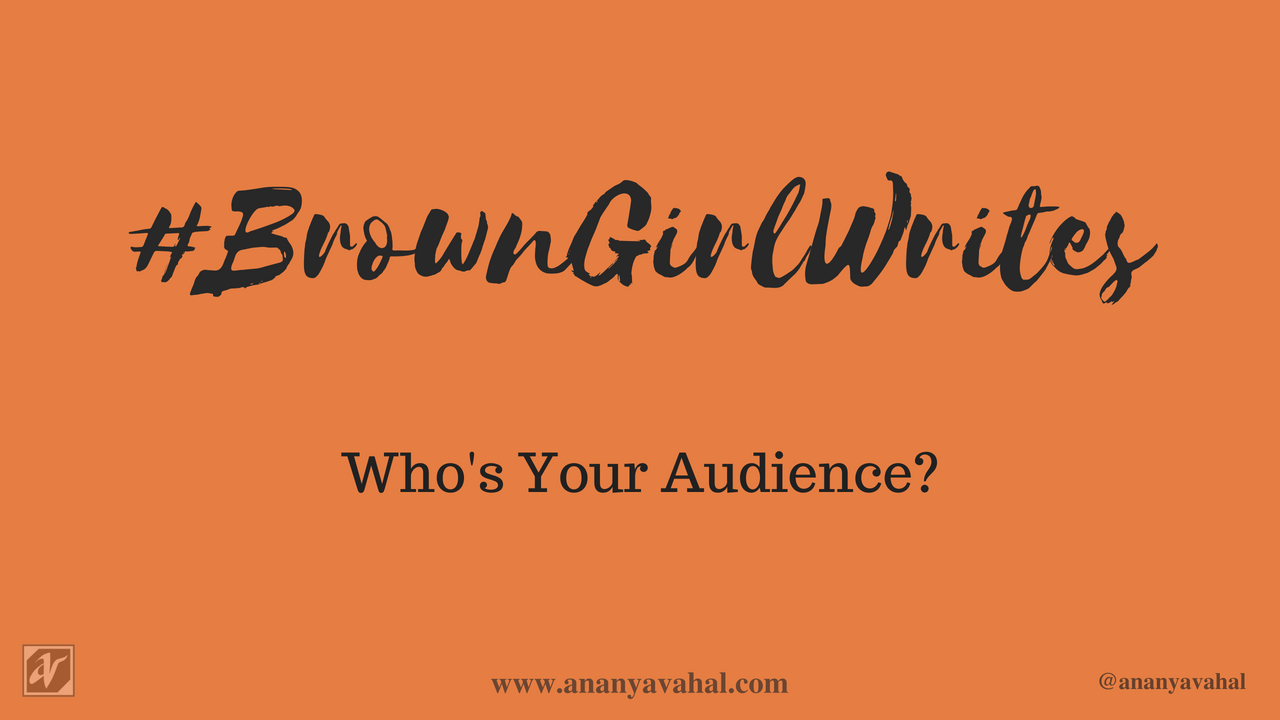
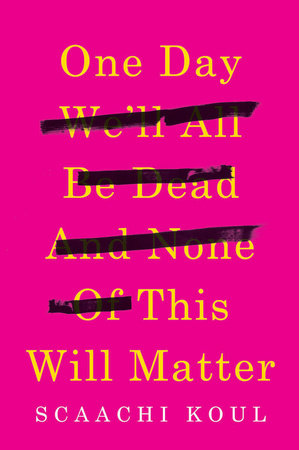
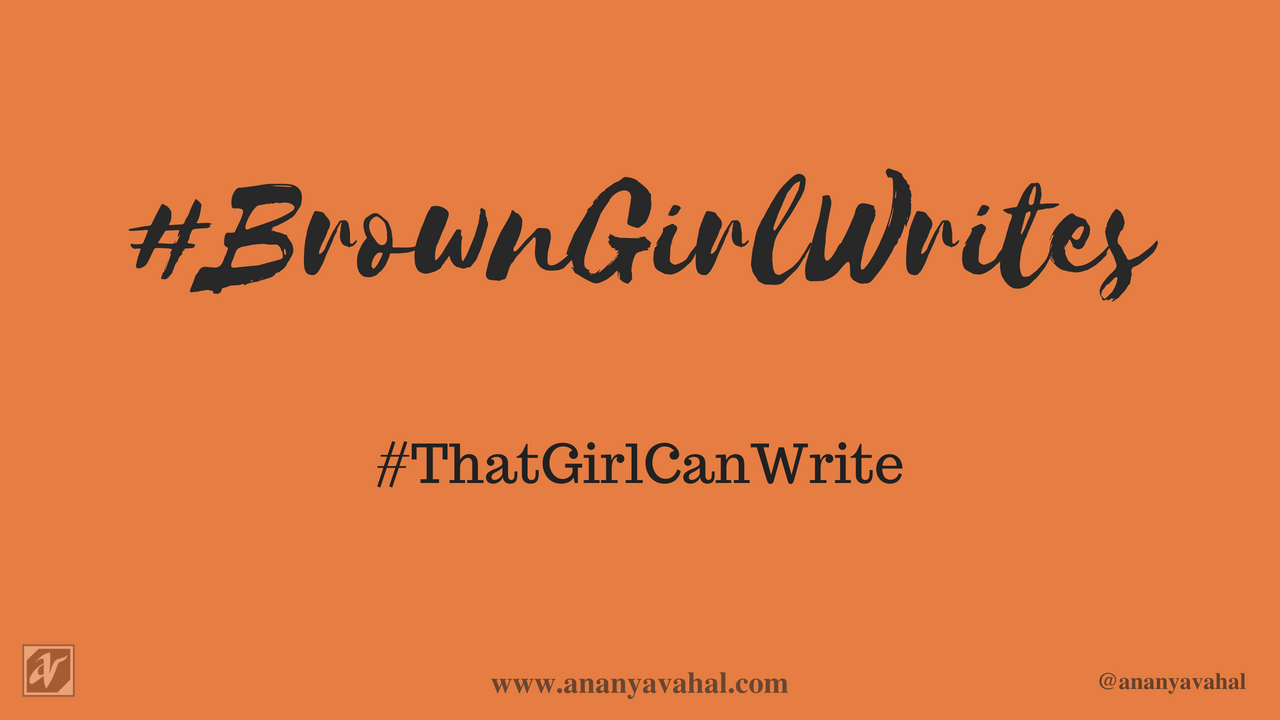
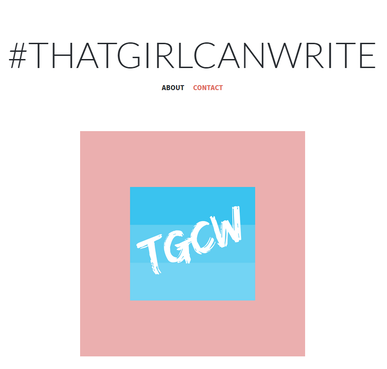
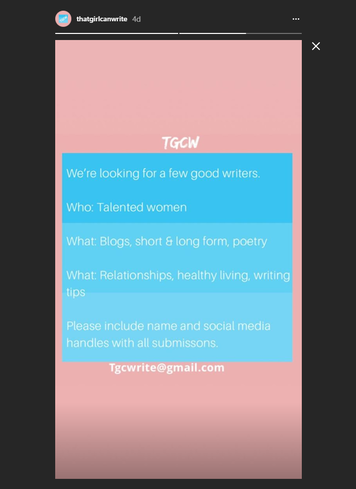
 RSS Feed
RSS Feed








